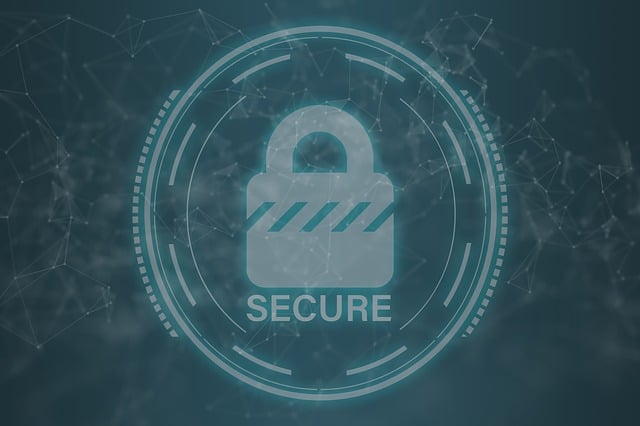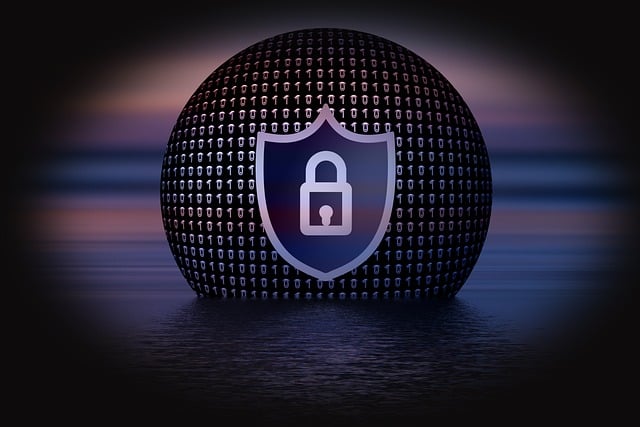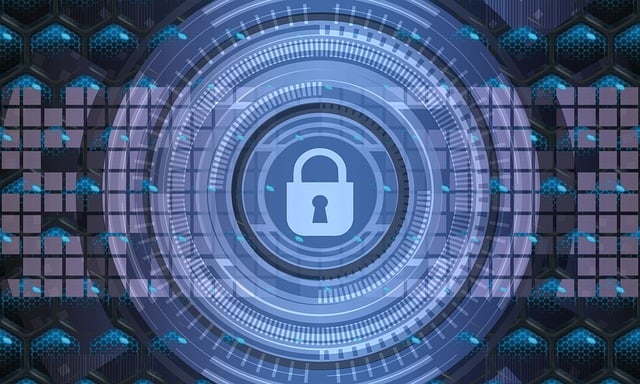Accounting and CPA firms, due to their handling of sensitive financial data, face heightened cybersecurity risks. Traditional measures are often insufficient, making it paramount to implement robust tools like VPNs, firewalls, regular cybersecurity audits, strong IT policies (including VPN use), access controls, phishing protection, and employee training. These strategies ensure the integrity of financial records, maintain compliance with industry standards like GDPR, HIPAA, and AICPA's Professional Standards, and ultimately enhance data security for accountants, fostering client trust in a digital landscape.
In today’s digital era, accounting and CPA firms face unique cybersecurity challenges. As these businesses handle vast amounts of sensitive financial information, protecting data has never been more critical. This article explores tailored cybersecurity solutions for accounting firms, addressing key areas such as data encryption, access controls, regular security audits, employee training, and regulatory compliance. By implementing robust measures, accountants can safeguard client data and ensure business continuity in an increasingly complex digital landscape.
- Understanding the Unique Cybersecurity Challenges for Accounting Firms
- The Role of Data Encryption in Protecting Sensitive Financial Information
- Implementing Robust Access Controls: Securing Firm and Client Data
- Regular Security Audits: Identifying and Mitigating Vulnerabilities
- Employee Training: Fostering a Culture of Cyber Awareness within the Firm
- Compliance and Regulatory Requirements for Enhanced Data Security
Understanding the Unique Cybersecurity Challenges for Accounting Firms

Accounting and CPA firms face distinct cybersecurity challenges due to their unique role in managing sensitive financial data. With ever-increasing digital transformations, these firms handle vast amounts of client information, making them attractive targets for cybercriminals. The primary concern is safeguarding this data from unauthorized access, theft, or manipulation. Traditional security measures often fall short of addressing the intricate needs of accounting practices, where data security for accountants becomes paramount.
Cybersecurity audits are crucial in identifying vulnerabilities and ensuring compliance with industry standards. Additionally, implementing robust tools like VPNs for CPAs and firewalls for CPAs can enhance protection. These technologies create secure connections and barriers against potential threats, enabling firms to maintain the integrity of their financial records.
The Role of Data Encryption in Protecting Sensitive Financial Information

In the realm of accounting and CPA firms, where sensitive financial information is the lifeblood of operations, data encryption plays a pivotal role in safeguarding against unauthorized access. By transforming data into an unreadable format, encryption ensures that even if malicious actors gain access to digital records, they cannot decipher or exploit the critical details contained therein. This robust defense mechanism is a cornerstone of comprehensive data security for accountants, fortifying their systems against evolving cyber threats.
Implementing strong IT policies, including the mandatory use of VPNs for CPAs accessing firm resources remotely, further bolsters the protection of financial data. A Virtual Private Network (VPN) encrypts all internet traffic, ensuring that information exchanged between accountants and their systems remains confidential, even over public networks. This layer of security complements the encryption technologies already in place, creating a comprehensive defense against potential breaches and maintaining the integrity of financial records.
Implementing Robust Access Controls: Securing Firm and Client Data

Accounting and CPA firms hold vast amounts of sensitive financial data, making robust access controls crucial for data security for accountants. By implementing strict identity verification processes, multi-factor authentication, and role-based access permissions, firms can ensure that only authorized personnel can access critical information. This prevents unauthorized access, reducing the risk of data breaches and potential fraud.
Additionally, regular cybersecurity audits and phishing protection measures are essential IT compliance services for these organizations. Regular audits help identify vulnerabilities and ensure adherence to best practices, while phishing protection trains staff to recognize and avoid malicious attempts to gain access or steal information. Together, these steps create a comprehensive security framework that safeguards both firm and client data.
Regular Security Audits: Identifying and Mitigating Vulnerabilities

Regular security audits are a cornerstone for any robust data security for accountants. These comprehensive assessments act as a mirror, reflecting the current state of an accounting firm’s cybersecurity posture. By identifying potential vulnerabilities and weak spots, firms can proactively mitigate risks before they escalate into costly data breaches. A well-conducted audit examines network architecture, access controls, data encryption protocols, and employee training to ensure compliance with industry standards and best practices.
In today’s digital era, where accounting data is increasingly targeted by cybercriminals, regular cybersecurity audits are not just recommended but essential. They serve as a proactive measure against the ever-evolving landscape of threats, ensuring that firms stay one step ahead of potential attackers. By integrating these audits into their operational routines, accounting and CPA firms can safeguard sensitive client information, maintain public trust, and protect their reputation in an increasingly digital and interconnected world.
Employee Training: Fostering a Culture of Cyber Awareness within the Firm

At the heart of any successful cybersecurity strategy for accounting firms lies employee training—a key to fostering a culture of cyber awareness. Accountants and CPAs, with their access to sensitive financial data, are attractive targets for cybercriminals. Regular training sessions that cover topics like phishing protection, recognizing potential security threats, and best practices for using VPNs during remote work can empower employees to act as the first line of defense against cyberattacks. By integrating these discussions into firm culture, professionals in accounting and beyond will be better equipped to navigate the ever-evolving landscape of data security for accountants.
Investing in cybersecurity audits plays a crucial role in identifying vulnerabilities within the firm’s systems, including those used for client management and financial record-keeping. Regular reviews, coupled with employee awareness, ensure that the latest security measures are in place to protect both the firm’s internal operations and its clients’ data. This proactive approach not only safeguards against data breaches but also builds trust with clients who rely on the integrity of their financial information.
Compliance and Regulatory Requirements for Enhanced Data Security

Accounting and CPA firms operate with highly sensitive financial data, making robust data security a non-negotiable requirement. Compliance with regulatory standards such as GDPR, HIPAA, or industry-specific regulations like AICPA’s Professional Standards is essential to protect client information and maintain trust. These regulations dictate how businesses handle personal data, including encryption methods, access controls, and record-keeping practices.
Firms must implement comprehensive IT compliance services that go beyond basic firewall protection. This includes utilizing strong authentication protocols, such as multi-factor authentication, for all remote access security attempts. A Virtual Private Network (VPN) for CPAs can enable secure remote access to financial records while ensuring that only authorized personnel can view confidential data. By adhering to these measures, accounting professionals can safeguard client information and remain compliant with the ever-evolving landscape of data security regulations.
